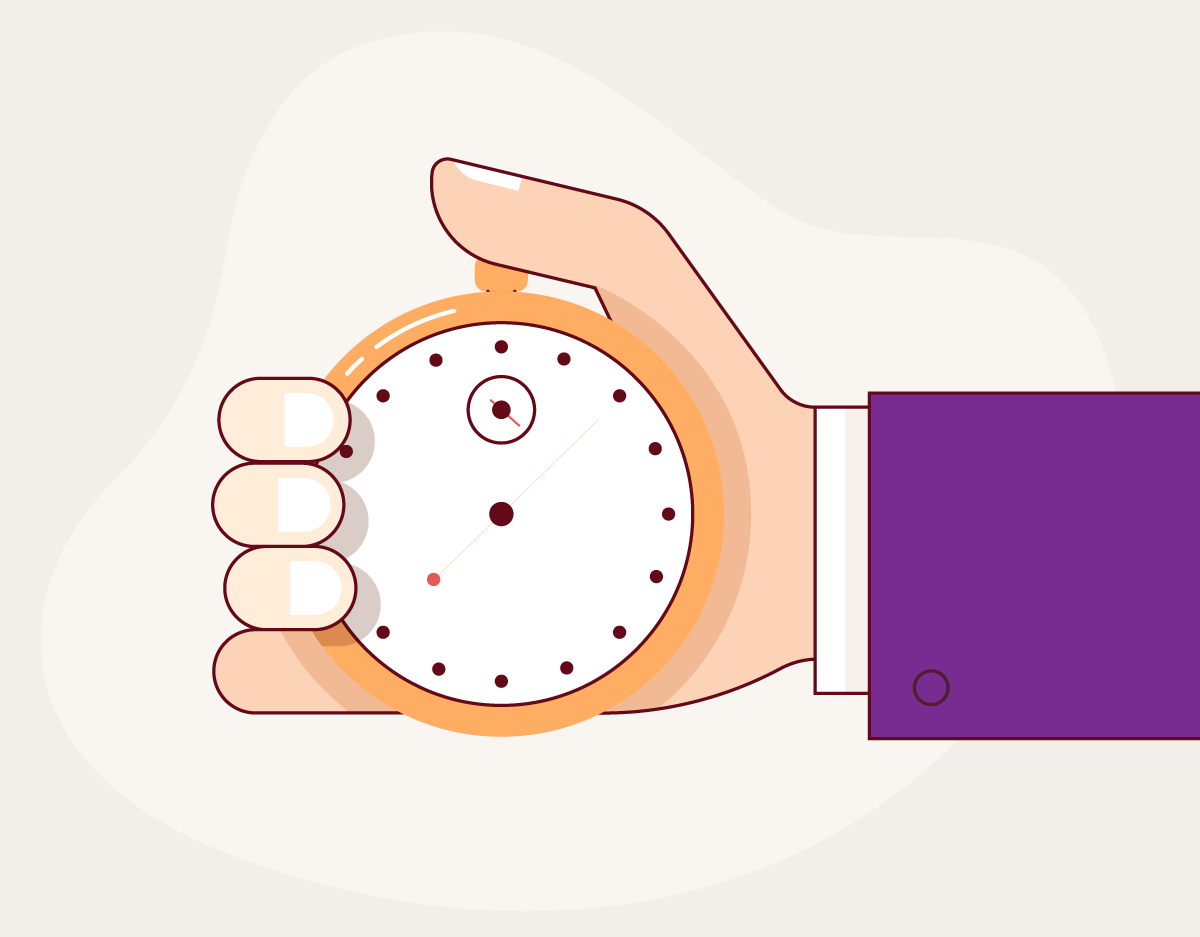What to expect my first time
People are sometimes hesitant about therapy out of fear of what to say in their first session. The first time in therapy can be scary, and therapists understand this. In the first session, the therapist’s job is to orientate you to therapy and work with you to begin mapping the journey ahead.
Completing the necessary paperwork will take some of the time in the first session. This paperwork includes ensuring you understand your rights and your responsibilities related to therapy (e.g., fees, if applicable, and cancelation notices). The paperwork is also to help you understand how your therapist and the agency will protect the privacy of the information you share. So, for the first while, you just need to sit back and let the therapist take the lead.
Once the orientation is done, the therapist will ask questions to have a better understand of the issues that brought you to therapy. Each therapist has a different approach, and therefore asks different types of questions. Some will want to understand who you are in the context of your family, community, and culture. Some will focus only on the present situation, and therefore ask questions about your current life circumstances. Others ask more questions about the future, to ensure a full understanding of what positive change would look like for you. Usually, therapists will use a combination of all three of these types of questions.
You may not know the answers to all the questions, and that’s okay. It is helpful for the therapist to understand what you don’t know too. Good therapy should always start where you are, in your life’s journey, and help you take steps from that point. Typically, by the end of the first session, you and your therapist should be clear on the direction of therapy so that you can begin to take action towards the change you desire.
If you don’t feel confident about the therapist’s approach, let your therapist know. This type of feedback is helpful because therapy is not an exact science. It is an opportunity to explore strategies that are known to create positive change. Your therapist is an expert in change, not an expert in you or your experience. Therefore, together, in a safe environment, you and your therapist can use this expertise to find the solutions that best meet your needs. It’s a journey. It requires taking risks. It is hard work. However, good therapy is worth the effort.














